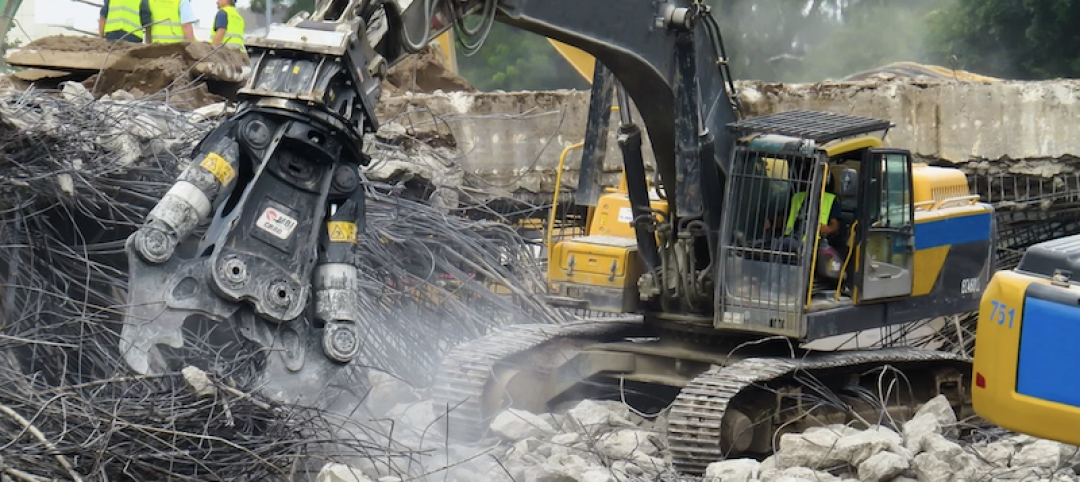Facility managers are increasingly looking to adopt the Internet of Things (IoT) in their building maintenance strategies, with 60% of professionals predicting that IoT will impact their building and maintenance policies within the next year, according to a survey by Schneider Electric.
Roughly two out of three respondents plan to increase investment in building capital expenses in 2016, including advanced building technologies. A few factors are hampering facility managers from taking full advantage of building data, the survey indicated. Seventy percent of facility managers said that their building management staff is very or extremely skilled in data analysis, but only 27% utilize data-driven analytics solutions for building management.
Key barriers to uptake include the amount of funding required (39% say that is a top concern), and a lack of internal resources available to interpret data into actionable results (31% report that as a top concern). Only 26% of respondents feel that available building information is totally adequate for facility maintenance planning. A majority of respondents cited room for improvement in this area, and only 15% said that they fully utilize predictive maintenance tools to proactively assess and target equipment maintenance.
“Facility professionals need to be able to better visualize what’s happening across their footprint and make educated decisions to correct and improve conditions,” said Brett Wheless, director of field services, Schneider Electric. “More than half of facility managers are still largely reactive when it comes to maintaining building systems, which can have major impacts on occupant comfort and can decrease the life of the building. We are now seeing a change in attitude among facility professionals that is driving them to think differently about the way they collect and assimilate building data.”
Related Stories
Codes and Standards | Dec 10, 2019
Utilities rolling out more grid-interactive efficient building programs
Focus is on energy savings and demand flexibility.
Codes and Standards | Dec 9, 2019
Canada’s Zero Carbon Building Standard reports first 10 certifications
Projects include new and existing offices, schools, and warehouses.
Codes and Standards | Dec 6, 2019
New research examines flood mitigation policies in the U.S.
Thirteen states or cities have adopted effective measures; some restricting development in vulnerable areas.
Codes and Standards | Dec 5, 2019
USGBC unveils vision for LEED Positive
Roadmap will lay foundation for a future LEED that is regenerative.
Codes and Standards | Dec 5, 2019
Report shows reducing embodied carbon can save money and help mitigate climate change
Embodied carbon now accounts for 11% of global greenhouse gas emissions.
Codes and Standards | Dec 5, 2019
Dubai, London and New York are 2019’s ‘Construction Mega Cities’
From 2007 to 2025, GlobalData expects the cities’ combined gross domestic product (GDP) to increase by more than US$8 trillion to US$20.4 trillion.
Codes and Standards | Dec 2, 2019
New GBCI certification recognizes expertise in sustainability
Provides third-party verification of competency to ‘making the world more economically, socially, and environmentally sustainable.’
Codes and Standards | Dec 2, 2019
New tool allows users to learn how to reduce embodied carbon
Calculator delivers first digitized EPDs.
Codes and Standards | Dec 2, 2019
Trade group challenges St. Petersburg, Fla., ordinance on construction contract mandates
Legality of requirement to hire apprentices, disadvantaged workers at issue.
Building Owners | Dec 2, 2019
What building owners and AEC teams need to know about New York’s Climate Mobilization Act
On April 18, 2019, the New York City Council passed the Climate Mobilization Act, a suite of laws aimed to meet the city’s commitment to achieving carbon neutrality by 2050.

















